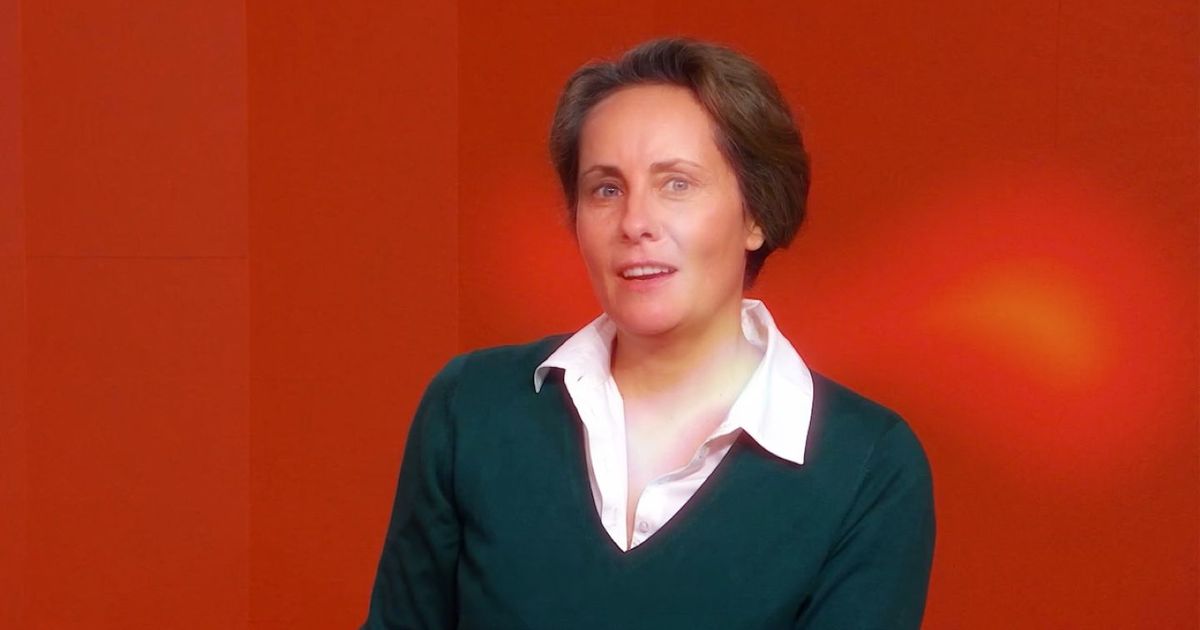The Adam Mickiewicz Institute invites you to visit the Polish Pavilion at Malta Biennale 2026, where Weronika Zalewska will present her video installation Archive of Hesitations, curated by Ada Piekarska. The exhibition will be on…
Category: 5. Entertainment
-
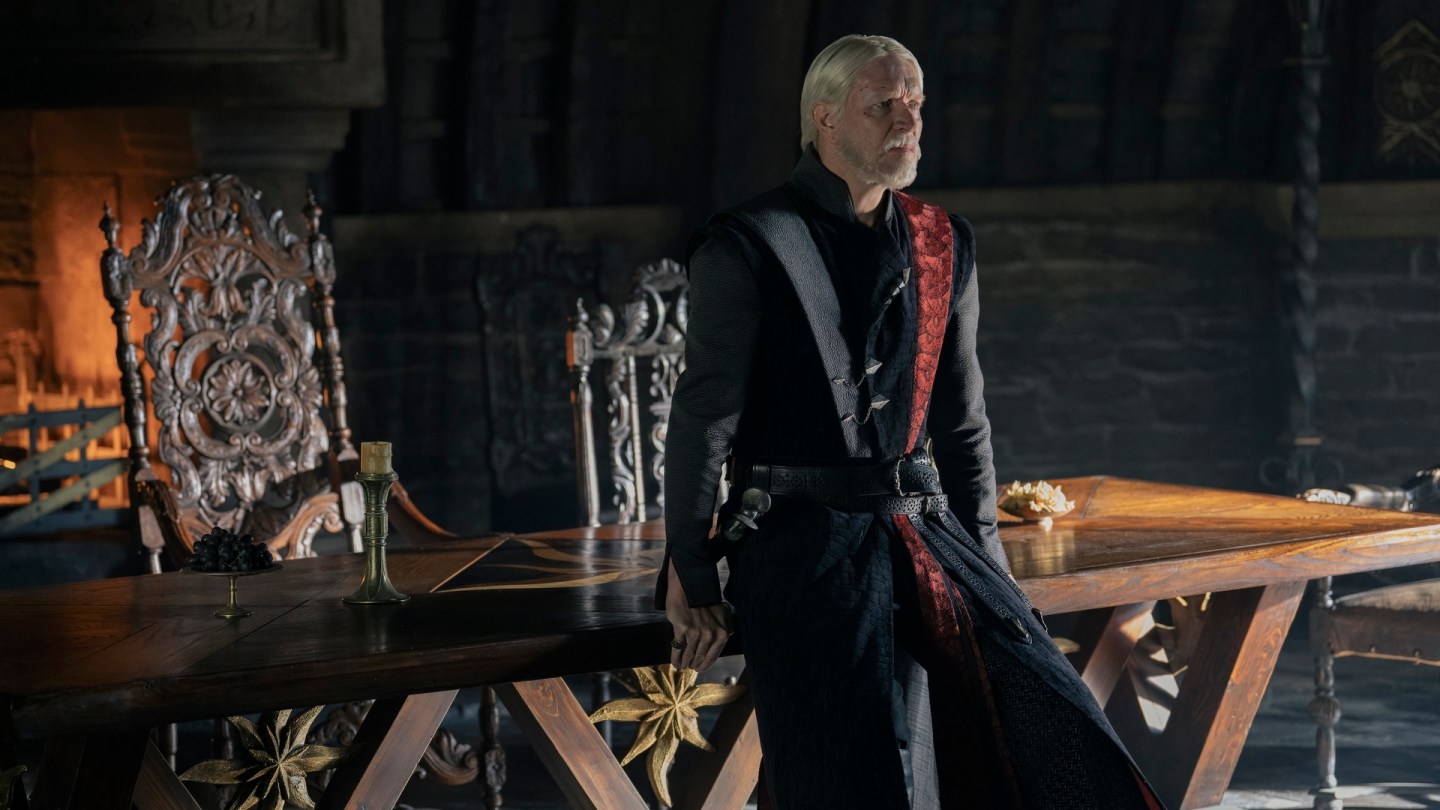
Sam Spruell on Maeka and Egg
[This story contains major spoilers from A Knight of the Seven Kingdoms’ season one finale, “The Morrow.”]
After Sam Spruell’s indelible turn on Fargo season five, it was only a matter of time before another high-profile…
Continue Reading
-

Today’s NYT Connections: Sports Edition Hints, Answers for Feb. 23 #518
Looking for the most recent regular Connections answers? Click here for today’s Connections hints, as well as our daily answers and hints for The New York Times Mini Crossword, Wordle and Strands puzzles.
Today’s Connections: Sports Edition is…
Continue Reading
-
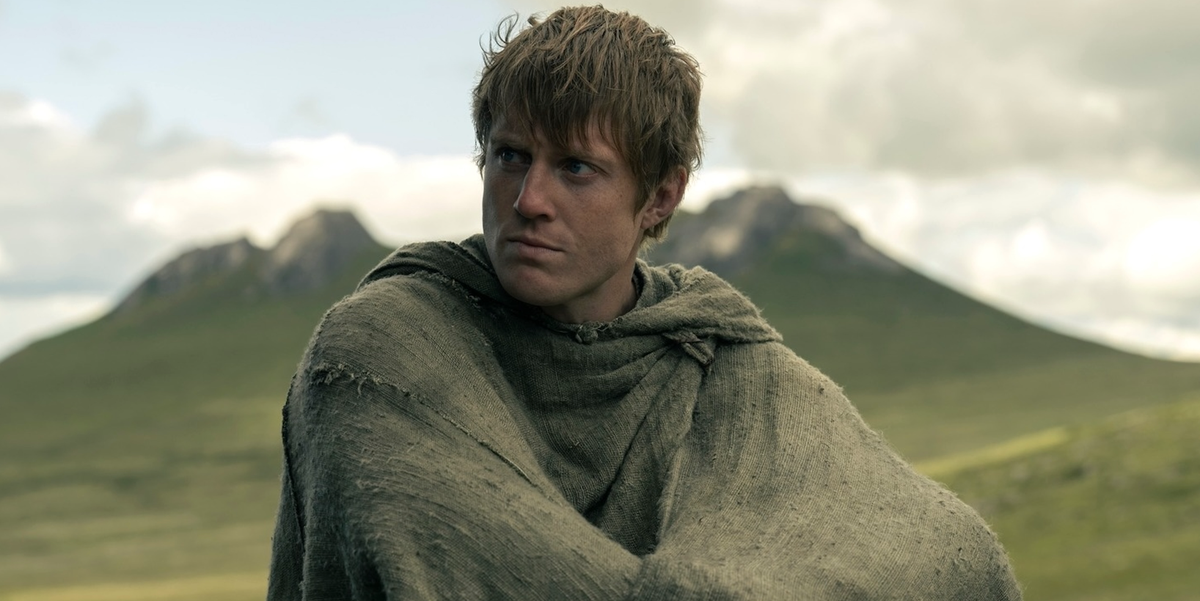
‘A Knight of the Seven Kingdoms’ Season 2
A VERY IMPORTANT storytelling lesson has been taught in a very public way, via the success of HBO’s A Knight of the Seven Kingdoms. The prestige cable network’s latest Game of Thrones series is, very specifically and purposefully, not a major…
Continue Reading
-

Inside ‘Industry’’s Most Intense Episode Ever
The scene was shot a few days earlier in a nightclub in Cardiff, and there’s still a charge of excitement lingering on set about what they captured that day. “The construction of the season is a sort of rollercoaster, when you think about it….
Continue Reading
-

in Big Kiss, Bye-Bye, Claire-Louise Bennett breaks up with illusions
In Burnt Norton, the opening section of T.S. Eliot’s Four Quartets, the poet moves down a passage “we did not take” and passes through a door “never opened” to arrive in a mythic rose garden. Here, in the thorny cradle of mournful…
Continue Reading
-
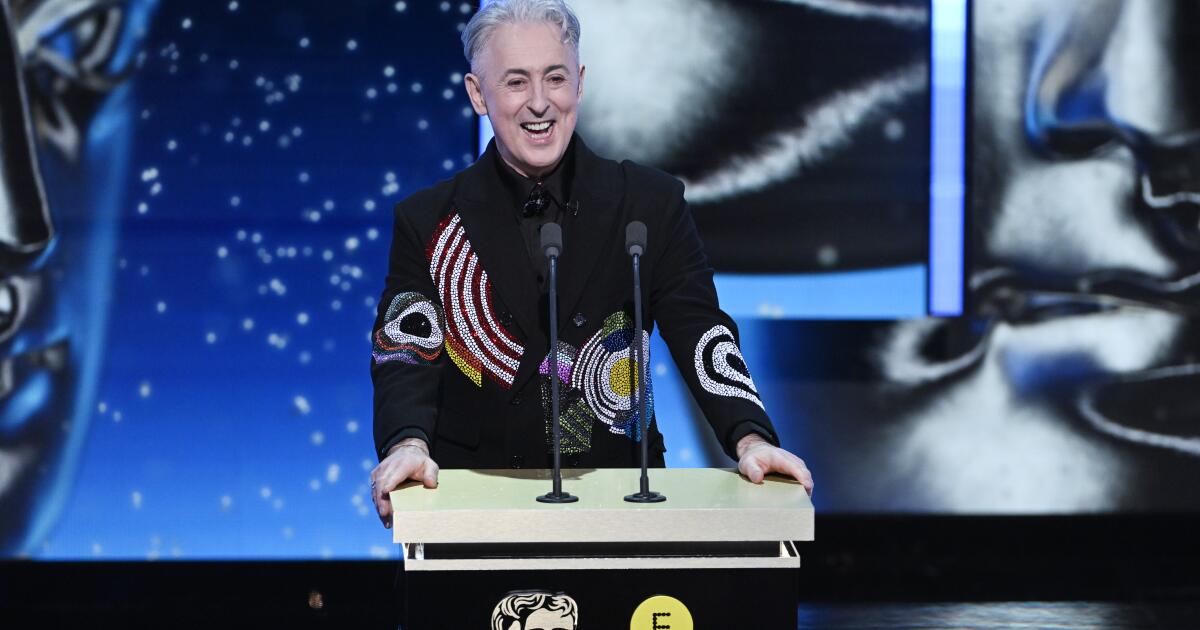
2026 BAFTA Awards: Best Alan Cumming moments, full list of winners
LONDON — This year’s BAFTA Awards had an unforeseen third-act twist.
After a relatively calm ceremony on Sunday that primarily honored “Sinners,” “One Battle After Another,” “Frankenstein” and “Hamnet,” Kerry Washington took…
Continue Reading
-
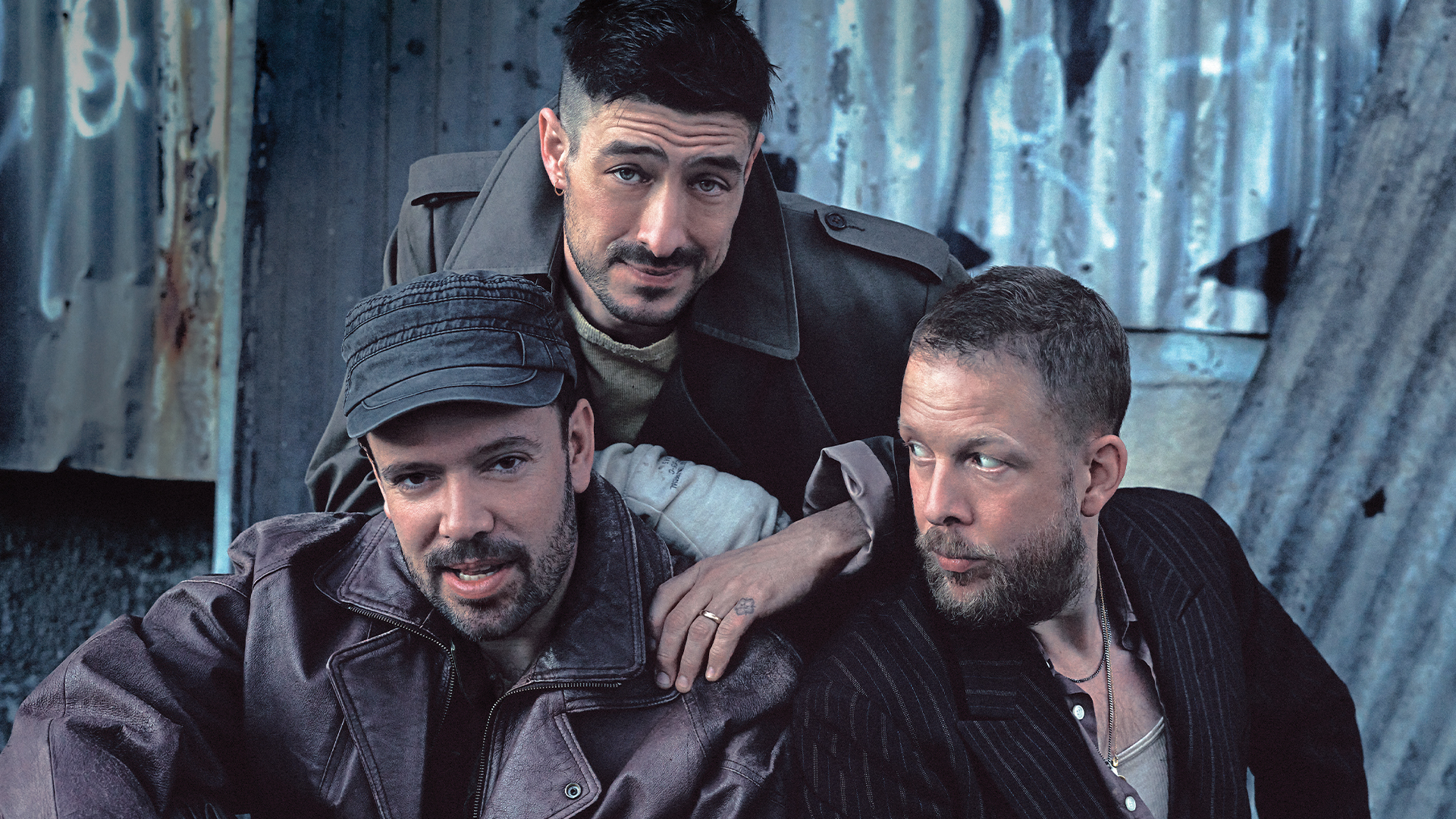
Mumford & Sons ‘thrilled’ their songs feature in anti-ICE protests
The White House’s archives contain a picture of Barack Obama, George Clooney and David Cameron looking on rapt as the band perform at a state dinner.
When they broke through in 2009 with debut album Sigh No More, their folk-pop was the…
Continue Reading
-
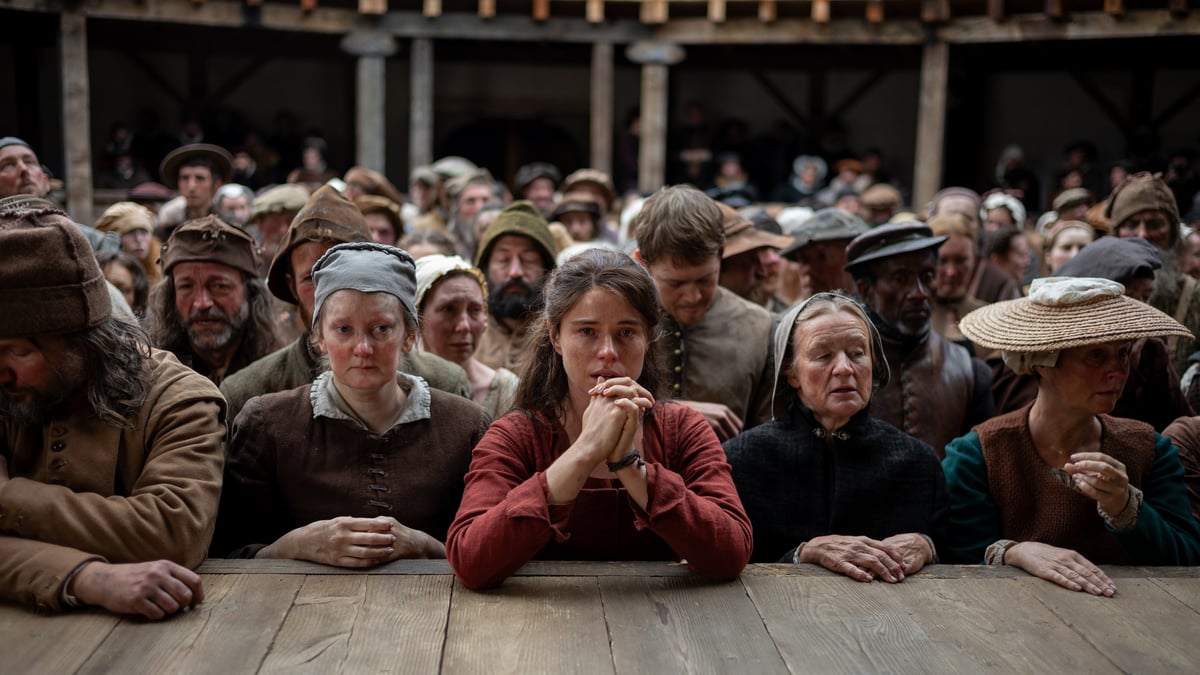
Hamnet Wins Two BAFTA Awards
At this year’s BAFTA Award ceremony held at the Southbank Centre’s Royal Festival Hall in London, Hamnet took home two major awards. The film won Outstanding British Film, an award presented to the film’s producers: Chloé Zhao, Liza…
Continue Reading
-
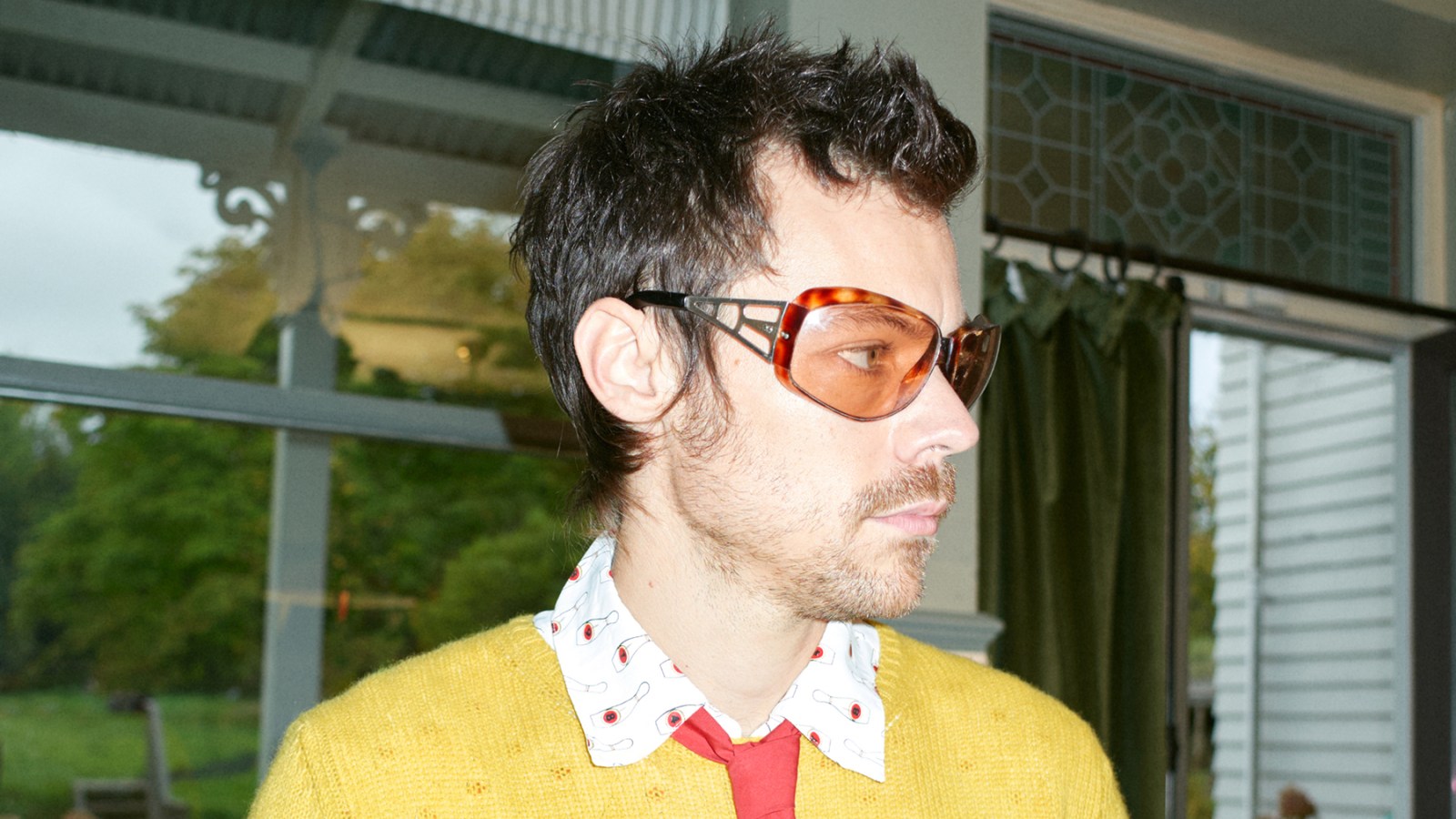
How Harry Styles Created a New Kind of Pop Star
“I’ve no more tricks up my sleeve,” Harry Styles sings on “Aperture,” but it’s pretty hard to believe him. The song itself is a left turn towards pulsating dance music that is somehow both shocking and inevitable after the synths…
Continue Reading
